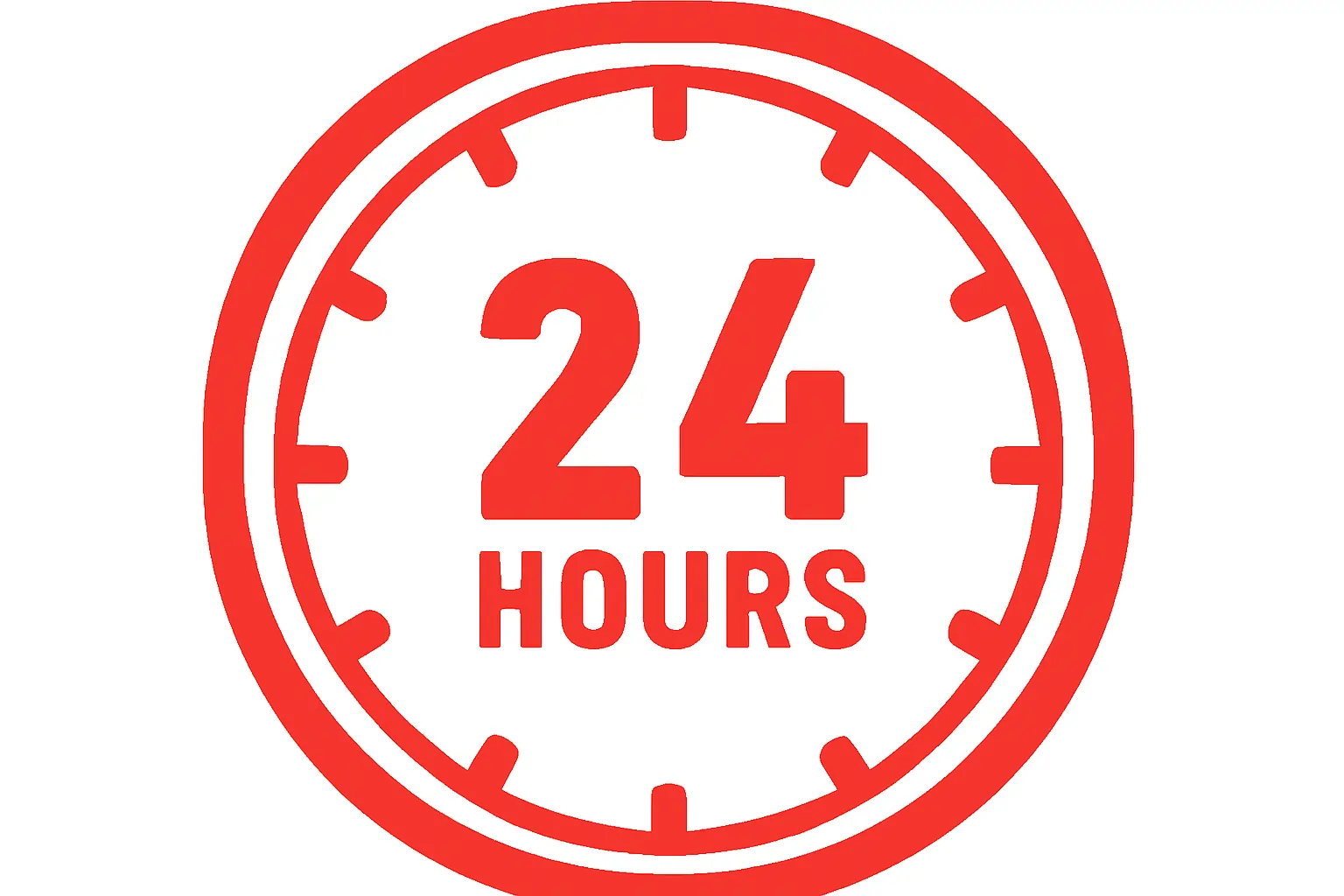Get Expert CDR, RPL, Stage 1, and Stage 2 Competency Samples for Reference
Contact to require a detailed analysis and assessment of your plan.
CDR Sample for Industrial Engineers

Industrial Engineers with a Bachelor Degree or higher can survey their engineering capability. Modern Engineers are the engineers who are worried about reorganization of complex procedures, structure, or associations by creating, improving and actualizing coordinated structures of individuals, cash, knowledge, data, equipment, energy and materials. It is a standout amongst the most fundamental and basic engineering subjects. Industrial Engineers are in intense interest by a few presumed specialized associations in Australia. They require Industrial engineers with high abilities and capability from Australia just as different countries over the world.
CDR sample for Industrial Engineers includes all the required reports such Curriculum Vitae (CV), Continuing Professional Development (CPD), three Career Episodes (CE), Summary Statement.The content of the CDR Report Samples is given below:
Curriculum Vitae (CV):
Resume on the basis of a professional template.
Continuing Professional Development (CPD):
The sample of CPD clarifies the Engineering Knowledge of the applicant –350 words.
Industrial Engineer Career Episode Sample 1:
Industrial Engineer Career Episode Sample 2:
Industrial Engineer Career Episode Sample 3:
“INDUSTRY FACILITY LAYOUT”
Industrial Engineer Summary Statement Sample:
Detailed explanation of all the competency element – 2000 words.
Industrial Engineering Career Episode 1
Project Name: COMBAT ROBOT COMPONENT DESIGN AND FABRICATION
Project Type: Academic Based Career Episode Project
Demographics: This project was done during the final year of author bachelor’s degree in industrial engineering from “University name”, Malaysia. This project was accomplished successfully by the proper support and guidance of “supervisor/tutor name” from January 2015 to April 2015, a period of four months.
Engineering Activities of Industrial Engineer:
- To start the project by collecting all the required information on the technical considerations of the robot.
- Then developed the required methodology of the project.
- To conduct a mathematical analysis for the calculation of the required amount of power of the motor and then prepared a mathematical model along the way.
- To use SolidWorks software for performing the structural modelling of the robot.
- To utilize ANSYS for performing the structure and gear analysis.
- To perform the functional analysis of the belt drive system.
- To assist in the fabrication and assembly of all the components of a Combat Robot.
- To test the assembled design for determining its efficiency
- To organize meetings with the supervisor, prepared progress reports and submitted the report to the department.
Problems & Solutions
Problem 1 Career Episode 1 and its solution
Limited Motor Power
During project author performed the calculation to determine the required efficiency and specifications of the motor and used it for the selection of the most suitable motor. He selected the 24V Magmotor S28-400 and procured it from the vendor. It had less weight and operated with the low power of 24V but gave the desired torque. The testing part of the project proved that the performance of the combat robot was enhanced after incorporating the newly selected motor.
Problem 2 Career Episode 1 and its solution
Structural strength of the robot
He used SolidWorks software and developed a defensive structure in such a way that it could protect its parts and also help the weapon reach the further spot. He modelled the frame protecting the components of the robot such as belts, motors, gears, etc. and also provided the extra defensive structures with an appropriate thickness to withstand in the fight.
Industrial Engineering Career Episode 2
Project Name: EVALUATING BENDING PROCESS PARAMETERS USING ABACUS 6.1 SOFTWARE
Project Type: Academic Based Career Episode Project
Demographics: The project was performed while author was pursuing his bachelor degree in Mining Engineering from “university name “which is located in Banaras of India. He had this project initiated in April 2014 and came with the final conclusion in October 2014. “Supervisor name” helped me throughout the project.
Engineering Activities of Industrial Engineer:
- To go through the literature review about the overall process of bending, materials required and design.
- To prepare the project methodology to dictate the systematic flow of the tasks.
- To do the necessary calculations of the variables before proceeding further in the project.
- To take into account various parameters as well as materials to perform the design of the V-bending process.
- To investigate the effect of V-bending process, e. spring back on mild steel having 1mm thickness.
- To verify the accuracy of the bending force with the help of simulation software ABAQUS.
- To perform the simulation test and analyze the output to conclude and tabulate the results.
- To organize meetings with the supervisor, prepare progress reports and submit the report to the department.
Problems & Solutions
Problem 1 Career Episode 2 and its solution
Selection of parameters for the software
Author obtained the values of the parameters from the manufacturer and used the proper bending shape and angle. He chose the V-shape bending process and 90 degrees as the angle. He also chose work piece material like mild steel with 1mm of thickness with the standard composition.
Problem 2 Career Episode 2 and its solution
Analyzing the model in the software ABAQUS
Author obtained the values of the parameters from the manufacturer and used the proper bending shape and angle. He chose the V-shape bending process and 90 degrees as the angle. He also chose work piece material like mild steel with 1mm of thickness with the standard composition.
Industrial Engineering Career Episode 3
Project Name: INDUSTRY FACILITY LAYOUT
Project Type: Academic Based Career Episode Project
Demographics: This project was done during the final year of bachelor’s degree in industrial engineering from “University name”. This project was accomplished successfully by the proper support and guidance of “Tutor/professor name” from August 2015 to November 2015, a period of four months.
Engineering Activities of Industrial Engineer:
- Firstly, conduct the literature survey on facility layouts, simulation software, optimization and other project related topics and got familiar with them.
- To plan the project requirements, prepare a Gantt chart scheduling the activities and allocate the tasks among all team members.
- To carry out the time study at each processing stage using a stopwatch and record the readings in time study sheet in order to complete the design layout.
- To perform a simulation of design layout in FLEXSIM software and obtain various results.
- To collect the simulation results, analyze them and made necessary changes as per requirement.
- To revise the plant layout design, perform simulation, analyze it and come up with necessary conclusions.
- To organize meetings with the supervisor, prepare progress reports and submit the report to the department.
Problems & Solutions
Problem 1 Career episode 3 and its solution
Random flow of materials making the layout inflexible
The author selected the simulation software FLEXSIM which conclusively determined a good layout among different available methods. The FLEXSIM software intelligently proposed the layout design for the inputted workstations, machines, production lines, spaces, etc.
Problem 2 Career episode 3 and its solution
Bottleneck in welding workstations restricting the number of components
He decided to propose for adding another tack welding workstation. This idea not only removed this issue of restricting the number of components but also increased the throughput.
Our Strengths
At WriteMyCDR, our core objective is to help clients secure successful skill assessment approvals by delivering well-structured, guideline-compliant reports tailored for migration purposes. We are committed to providing top-quality CDR services with a focus on accuracy, professionalism, and achieving 100% customer satisfaction.

Best Price Guarantee
We offer the most competitive rates without compromising on the quality of your report.

24/7 Service
If you have any questions or issues regarding your report, our experts are here to provide guidance and support.

Plagiarism Free Work
Get a fully original CDR report crafted by experienced professionals—plagiarism-free and tailored to meet official standards.

Best Price Guarantee
We offer the most competitive rates without compromising on the quality of your report.

24/7 Service
If you have any questions or issues regarding your report, our experts are here to provide guidance and support.

Plagiarism Free Work
Get a fully original CDR report crafted by experienced professionals—plagiarism-free and tailored to meet official standards.
